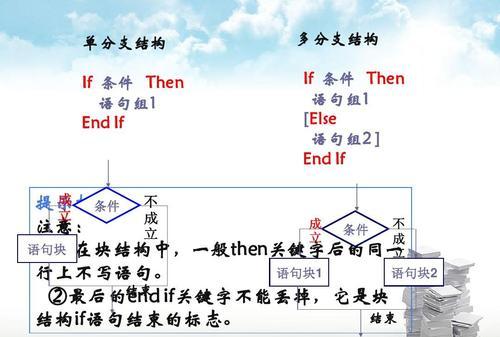在学习英语if从句时,可以在一些情况下省略if和主语、be动词或动词。例如,“If you have any questions, ask me.”可以变为“Have any questions, ask me.”。但请注意,这些if省略句通常只用于口语中,正式的写作中应避免使用。

在某些情况下,我们可以省略if从句中的一些部分,这被称为if省略句。下面是一些常见的if省略句:
1. 省略if和主语
如果从句中的主语和主句中的主语一致,可以省略从句中的主语和if。看下面的例子:
- If you have any questions, ask me. → Have any questions, ask me.
- If it rains tomorrow, we will stay at home. → Rains tomorrow, we will stay at home.
2. 省略if和be动词
在某些情况下,我们可以省略从句中的be动词。看下面的例子:
- If he is tired, he will go to bed. → If tired, he will go to bed.
- If it is hot, we will go swimming. → If hot, we will go swimming.
3. 省略if和动词
如果从句中的动词和主句中的动词一致,可以省略从句中的动词和if。看下面的例子:
- If you finish your homework early, you can watch TV. → Finish your homework early, you can watch TV.
- If he goes to the party, I will go too. → If he goes to the party, I will too.
请注意,这些if省略句通常只用于口语中,而在正式的写作中,我们应该尽量避免使用它们。
